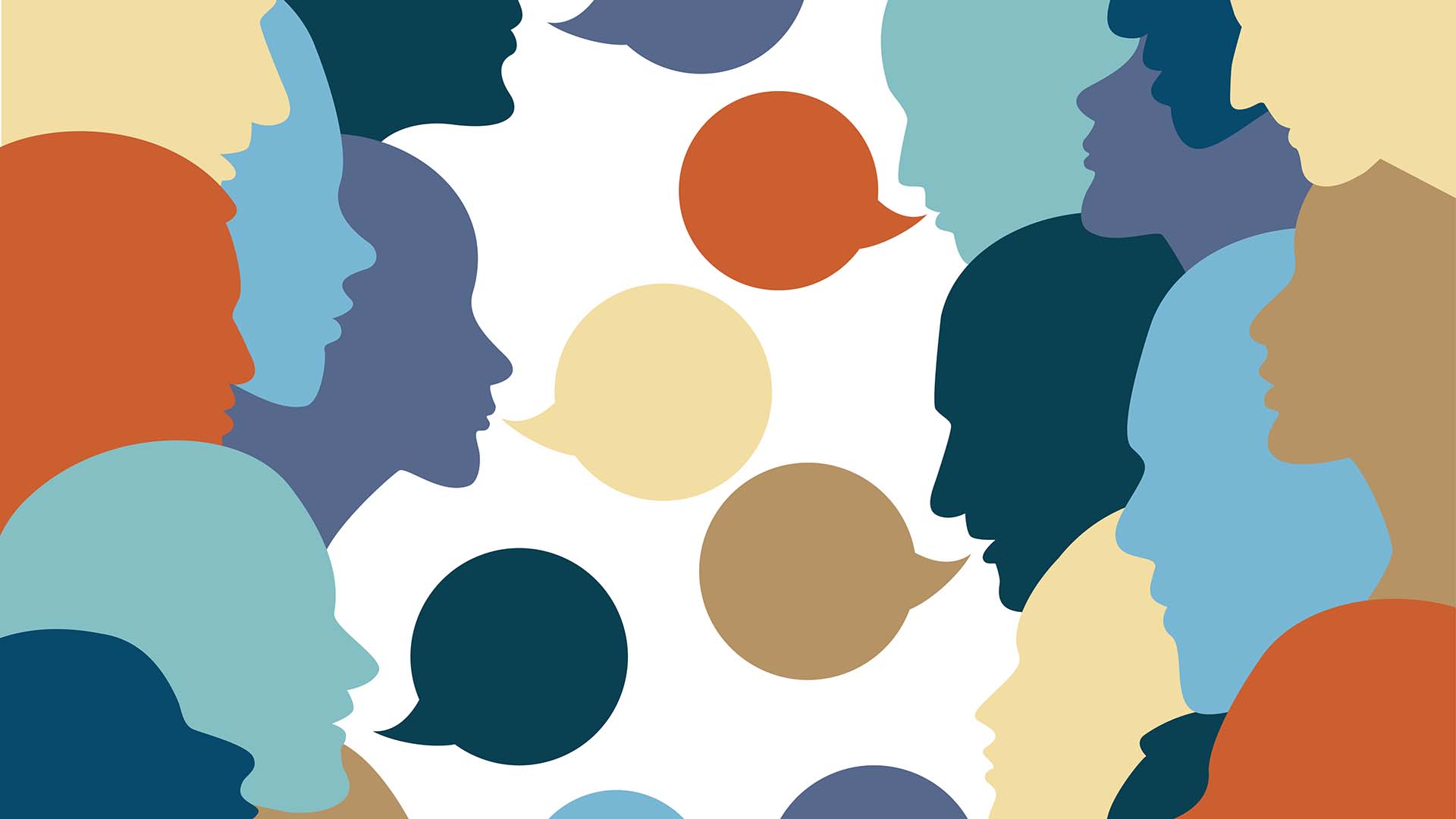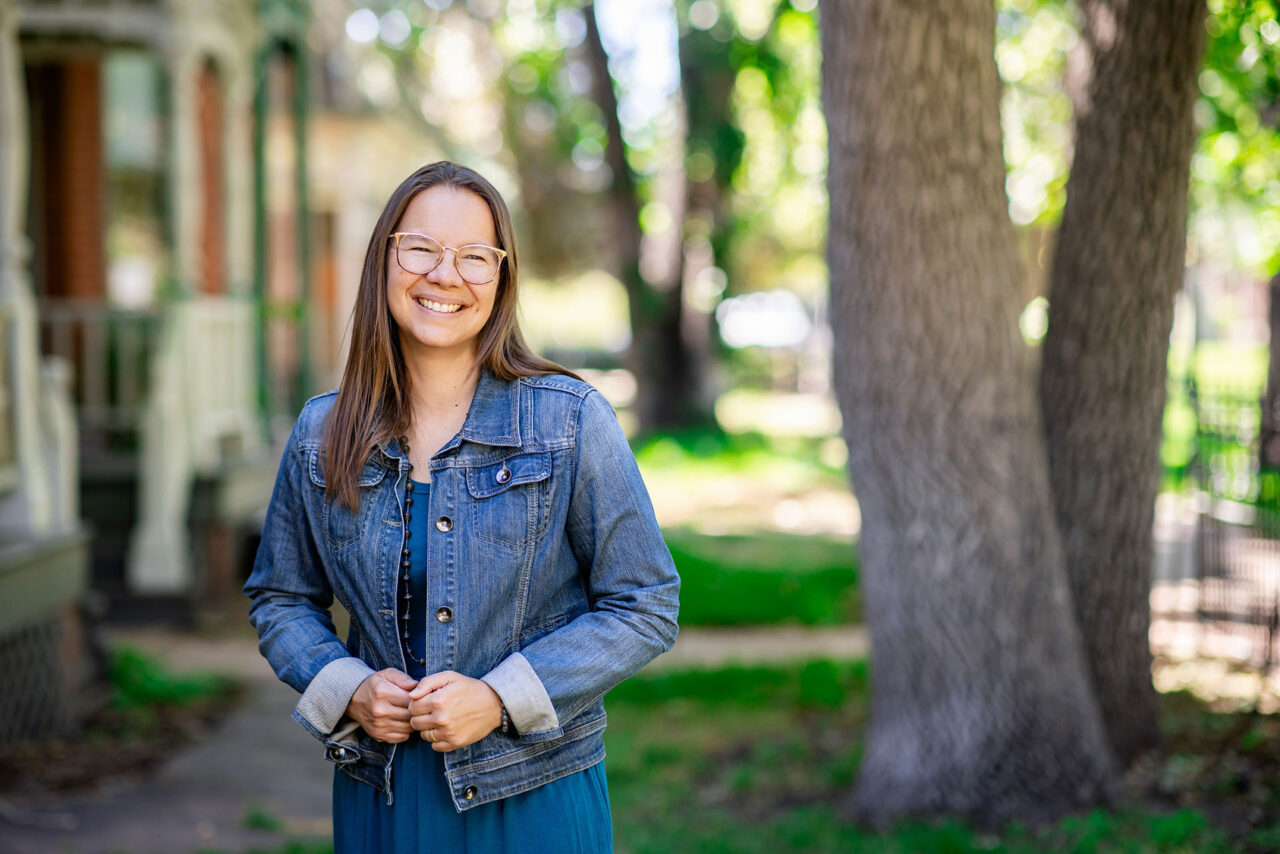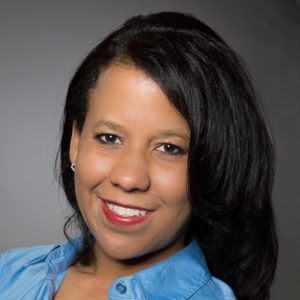How to talk to your family about politics without losing your cool
A Communication professor gives advice on having constructive conversations with the people in your life who have opposing viewpoints.

In an election year, talking about politics is inevitable. No matter how adept you are at changing the subject or crafting excuses to avoid family outings, eventually the proverbial elephant in the room looms too large. And when that happens, you may find yourself in an uncomfortable discussion with your parent, sibling, uncle or cousin that could end in anger, tears or even long-term damage to your relationship.
Christina Foust, Ph.D., professor of Communication Studies at Metropolitan State University of Denver, teaches people how to have productive dialogues that, when done correctly, improve relationships, even among those with seemingly conflicting values. In 2020, Foust joined the Dialogues Program at MSU Denver, where she helps facilitate communication about important issues facing Denver residents, including racial injustice, housing instability, environmental concerns and the state of democracy.
“MSU Denver Dialogues tries to model how to ask questions, how to demonstrate active listening, how to share and receive personal experience and how to repair if mistakes are made,” she said. “We help people invest in self-reflexivity, that is, understanding how parts of one’s identities affect the way they ‘show up’ in communication with others.”
RELATED: With the presidential election looming, voter-engagement efforts ramp up at MSU Denver
Foust offered six tips to help you become a more compassionate conversationalist and, hopefully, avoid meltdowns over politics at the dinner table.
1. Be brave.
While it may be easier to avoid difficult conversations with family members, especially around politics, unpacking the reasons behind one another’s ideologies can bring many rewards. Foust encourages family members to create brave spaces by sharing personal experiences, asking questions of one another and listening deeply.
“Such practices push us outside of our comfort zones but also work to keep us from replicating communication that harms others, such as stereotyping, victim blaming or remaining ignorant to others’ experiences of marginalization,” she said.
As the saying goes, growth and comfort do not coexist.
2. Recognize the modes of communication.
Foust outlines three modes of communication — dialogue, discussion and debate — each of which has different strengths and weaknesses. For most conversations with family and friends, you want to engage in a dialogue, which invites participation and listening from a place of curiosity rather than trying to win an argument. The purpose of a dialogue is to build relationships by opening yourself up to learning something new. While debates can be productive, the goal of winning an argument can hurt relationships if done poorly, Foust said.
“If someone can’t let go of wanting to persuade you that they are right — or worse, that you’re wrong — try asking them why they feel so strongly,” Foust said. “Asking questions and sharing experiences that are safe to share help get people out of the habit of discrediting others.”

3. Gain consensus on group norms.
Foust calls this “meta-communicating,” i.e., talking about how we talk to one another. Some norms you can establish include agreeing to listen from a place of curiosity, to interact with respect and to be open to learning more about one another’s beliefs and how they developed. Challenging close friends or relatives to stay “in bounds” doesn’t have to be as formal as it might be in a facilitated dialogue or deliberation, Foust added.
“With family, it’s especially important to try to meet them where they’re at,” she said. “I’ve used my own style to set up expectations, often by asking questions or stating alternative perspectives from my own experiences.”
RELATED: Use your words: how to disagree constructively on a college campus
4. Establish trust.
When trust is built, people feel OK sharing their experiences, digging deeper into what might have led them to hold their beliefs or values, which can include optimistic and truthful views of others as well as misinformation or stereotypes, Foust said. The MSU Denver Dialogues sessions begin with an icebreaker question, such as “What is your go-to late-night snack?” These low-stakes questions lay the foundation for deeper and more challenging questions that require trust and openness.
“Family gatherings, especially with food prep and cleanup, music, photo sharing, board games, etc., are a natural place to just be together, which is the first step toward dialogue,” Foust said.
5. Admit when you’ve made a mistake.
Communication is a skill just like any other, and it can take time to unlearn old habits. Allow yourself and your family members some grace as you practice these new techniques. If you make a mistake or violate a norm that results in someone feeling offended or defensive, apologize. Let the person know you’re learning how to be a more productive communicator and that you care about their personal experiences. It’s OK to take a short break and come back when you’ve both cooled down.
“I’ve gotten better at recognizing the signs of becoming defensive or when I go into fight-or-flight mode,” Foust said. “I often mark it in conversation, saying, ‘I feel myself getting defensive,’ or, ‘You seem to be getting upset; maybe we should put a bookmark in this and come back to it later.’”
RELATED: 7 ways to improve your relationship with your mom
6. Know when to walk away.
If interacting with family members pushes past the space where learning occurs and, for instance, people become defensive, walking away might be the best option. “We all have a line of safety when it comes to our identities, and avoiding engagement before or when that line gets crossed is important,” Foust said.
Saying you “agree to disagree” can be a good ending to a conversation, knowing you might return to it when your relative is more open to hearing what you have to say.
“Being able to talk about ideas or values that we may not share can be uncomfortable, but it’s helped me get better at speaking my truth,” Foust said. “That’s the promise of dialogue: to help us grow as communicators and as people.”







